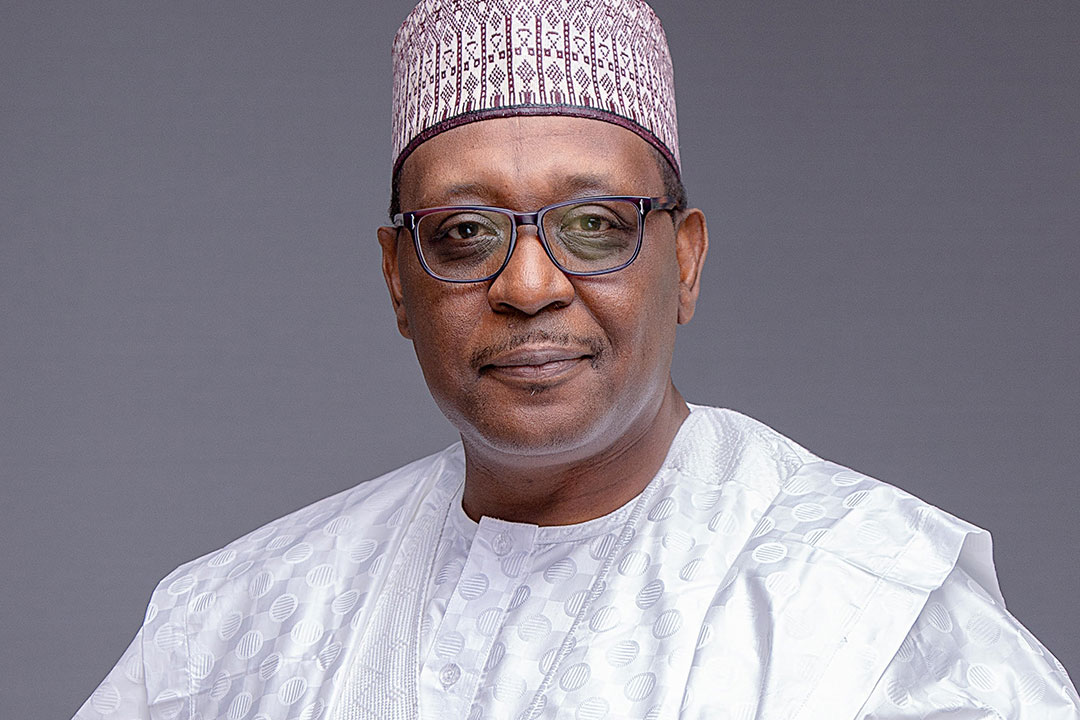Malaria Vaccine Milestone, Cholera Scourge, and the Exodus of Doctors: Nigeria’s Health Sector in 2024
Malaria Vaccine Milestone, Cholera Scourge, and the Exodus of Doctors: Nigeria’s Health Sector in 2024
By Achimi Muktar
The year 2024 was a rollercoaster ride for Nigeria’s health sector, marked by breakthroughs and bruises. From the much-anticipated rollout of the malaria vaccine to the alarming wave of healthcare professionals fleeing the country, the sector battled persistent challenges while striving for progress.
Here’s a deep dive into the headline-grabbing moments that defined Nigeria’s healthcare landscape in 2024.
A Shot of Hope: Malaria Vaccine Rollout
Nigeria took a significant leap in its fight against malaria with the rollout of the R21/Matrix-M vaccine, a groundbreaking innovation with 75% efficacy. Launched in Bayelsa and Kebbi states in December, the program is set to expand nationwide by 2025, injecting fresh hope into a country that accounts for 31% of global malaria deaths.
While the vaccine offers promise, experts caution it must be paired with preventive measures like insecticide-treated nets. With malaria costing Nigeria over $1.1 billion annually, the initiative signals a critical push to curb this economic and health menace.
Healthcare Exodus: The “Japa” Epidemic
The year witnessed a continued brain drain as over 16,000 doctors left Nigeria in five years, leaving just 55,000 to serve a population exceeding 200 million. Poor remuneration, inadequate facilities, and insecurity fuel this exodus, further crippling an already overstretched system.
In response, the government introduced a new National Policy on Health Workforce Migration, aiming to curb the tide. However, critics argue the policy lacks actionable incentives to retain professionals, sparking skepticism about its effectiveness.
Recurring Strikes: A System in Protest
Health workers’ strikes became a recurring theme, with unions like NARD and JOHESU halting services multiple times over unmet demands. Protests ranged from poor remuneration to security concerns, exemplified by the abduction of Dr. Ganiyat Popoola, who spent 10 harrowing months in captivity.
The strikes highlight deep cracks in the sector, as professionals voice growing frustration with systemic neglect.
Electricity Woes: Powering Through Darkness
Soaring electricity tariffs compounded the sector’s woes, forcing teaching hospitals like LUTH and UCH to grapple with exorbitant bills. Prolonged blackouts led to postponed treatments and disrupted operations, drawing protests from medical students and patients alike.
Private hospitals weren’t spared, with at least eight shutting down due to unsustainable costs, signaling a growing crisis in healthcare delivery.
Cholera and Mpox: Epidemics Amid Challenges
In 2024, cholera ravaged Lagos State, accounting for 43% of national cases, while Mpox resurged, with Nigeria reporting a 20% spike in cases. Efforts to combat these outbreaks faced hurdles, including vaccine shortages and inadequate healthcare infrastructure.
Despite receiving 10,000 doses of the Mpox vaccine, Nigeria’s dependence on international donations underscored systemic vulnerabilities.
Scaling New Heights: HPV Vaccine Rollout
On a brighter note, Nigeria scaled up its HPV vaccine program, targeting cervical cancer—a leading cause of death among women. Over 10 million girls were vaccinated, marking a vital step toward eliminating the disease.
Experts hailed the milestone, with the WHO predicting cervical cancer could be eradicated if vaccination rates reach 90%.
Floods and Fallout: Borno’s Health Crisis
Borno State faced one of its worst floods in decades, devastating the University of Maiduguri Teaching Hospital. The inundation destroyed critical medical equipment and forced the hospital to shut down for weeks, leaving patients stranded.
The crisis spotlighted the impact of climate change on healthcare infrastructure, adding another layer to the sector’s challenges.
A Glimpse of Progress Amidst Struggles
From the launch of the Second National Action Plan on Antimicrobial Resistance to hosting the 2026 Global AMR Conference, Nigeria made strides on the global health stage. However, these achievements were tempered by persistent systemic issues that hindered broader progress.
As the country looks ahead, 2024 serves as a stark reminder of the urgent need for reforms to ensure accessible, quality healthcare for all Nigerians. Will 2025 be the year the tide finally turns? Only time will tell.

















